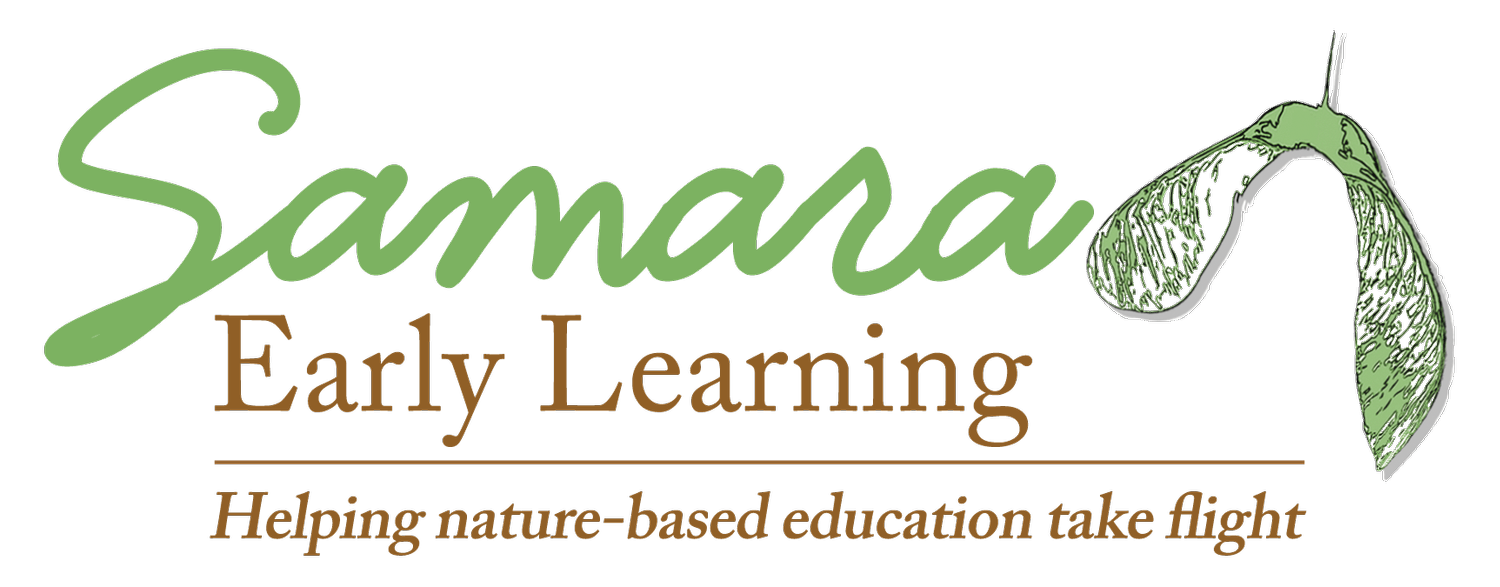Nurturing Relationships: Connecting with New Team Members in Outdoor Settings
This episode of the Mindful Turtle Podcast originally aired October 13, 2024. To receive podcast updates and other nature-based early childhood education news, subscribe to Samara Early Learning’s weekly newsletter written by Dr. Rachel A. Larimore.
Listen to this episode of the Mindful Turtle now:
This week’s episode emphasizes the importance of supporting new team members in nature-based early childhood education settings. Rachel highlights the unique challenges that educators face when transitioning into jobs that involve teaching and learning with nature, especially when moving from conventional educational environments.
Rachel invites listeners to initiate informal check-ins with new colleagues, asking questions such as "what support do you need from me?" and "do you have suggestions for improvement?"
These check ins should be more than just a casual “How’s it going?” — it should be about creating a genuine sense of community and belonging. When new team members feel valued and supported, we not only boost their confidence but also improve staff retention—a crucial factor in our field.
Here are a few key questions to guide your conversation:
1. “Do you have any questions about our policies and procedures?”
This opens the door for new colleagues to seek clarity about our unique nature-based approaches. Whether it’s about risky play or weather protocols, ensuring they’re comfortable with our operational standards is essential.
2. “What support do you need from me?”
As an administrator or co-teacher, ask how you can help them settle in. This empowers them in their role and fosters a collaborative environment.
3. “Do you have suggestions for improvement?”
Encourage them to share insights from their previous experiences. Their fresh perspectives can lead to meaningful changes in our program.
These conversations are not just about logistics; they’re about building relationships within our team. Remember, education—especially in early childhood—is fundamentally about those connections we create, both with the children and with one another. By prioritizing the social-emotional needs of our nature-based educators, we’re ultimately enhancing the learning environment for everyone involved.

